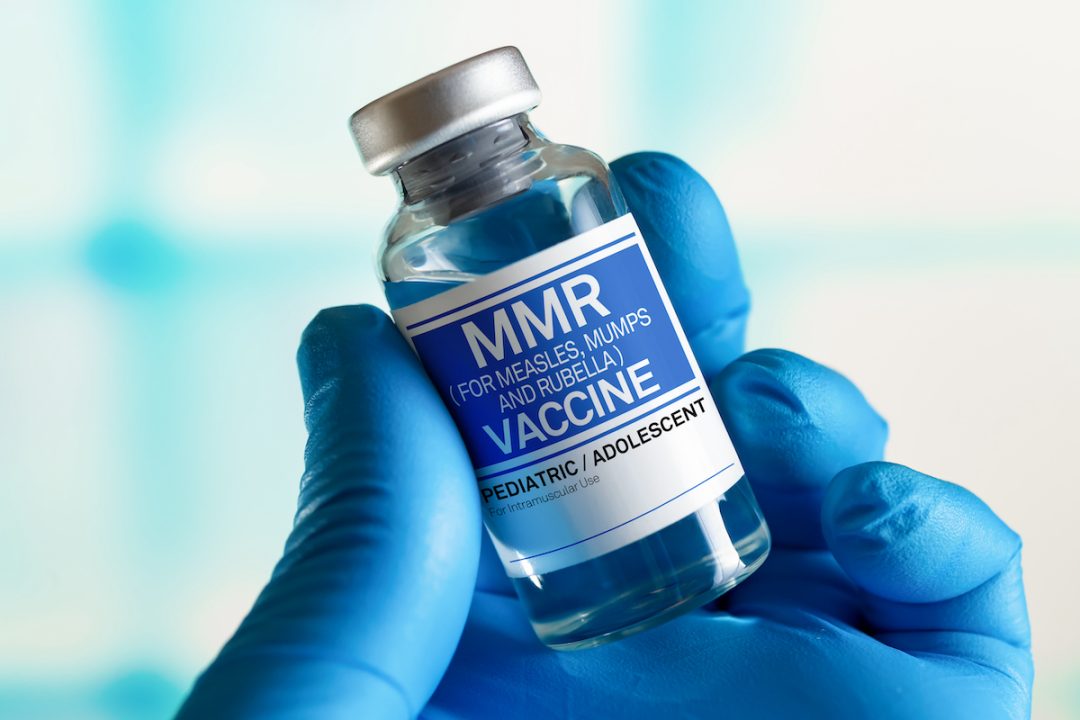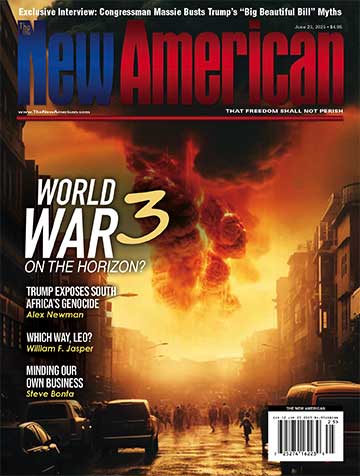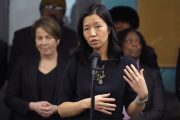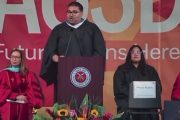
U.S. Health and Human Services (HHS) Secretary Robert F. Kennedy Jr. has publicly encouraged measles vaccination amid the ongoing disease outbreak.
In a Fox News op-ed titled “Measles Outbreak Is Call to Action for All of Us,” Kennedy stated,
Vaccines not only protect individual children from measles, but also contribute to community immunity, protecting those who are unable to be vaccinated due to medical reasons.
His remarks signal a major departure from his previous caution regarding the safety of the measles, mumps, and rubella (MMR) vaccine, including its link to autism.
The Op-ed
Kennedy’s op-ed, published Sunday, opened with a striking subtitle:
MMR vaccine is crucial to avoiding potentially deadly disease.
Kennedy then called for immediate public health action in response to the Texas measles outbreak, warning,
Measles is a highly contagious respiratory illness with certain health risks, especially to unvaccinated individuals.
Here, Kennedy references the Fox News article that advocates for the “booster” MMR vaccine for those vaccinated “many decades” ago.
He further noted that rare infections can cause “severe” complications, “including pneumonia, blindness, and encephalitis.”
While acknowledging parental choice, Kennedy still urged parents to consider vaccination. “The decision to vaccinate is a personal one,” he wrote, but then added that vaccines are essential for achieving “community immunity.”
Possibly to balance his pro-vaccine calls, Kennedy highlighted the role of vitamin A in reducing measles complications:
CDC has recently updated their recommendation supporting administration of vitamin A under the supervision of a physician for those with mild, moderate, and severe infection. Studies have found that vitamin A can dramatically reduce measles mortality.
He also referenced historical data, emphasizing that improved sanitation and nutrition had significantly reduced measles deaths before the MMR vaccine was introduced.
However, this statement contradicts his own warning about the severe risks measles poses, particularly to the unvaccinated. If measles deaths had already declined due to public health improvements before mass vaccination, why now describe measles as a pressing threat requiring widespread immunization?
Most glaringly, Kennedy’s op-ed did not address his previous concerns about vaccine safety.
Background of the Outbreak
Since late January 2025, Texas has experienced a growing measles outbreak, with the state’s Department of State Health Services (DSHS) confirming 146 cases, predominantly in the South Plains region. Tragically, one school-aged child has died, marking the first measles-related fatality in the United States in over a decade.
According to official reports, a large number of those infected were unvaccinated. However, some experts question whether the outbreak is due to a lack of vaccination or other contributing factors, such as waning immunity and the effectiveness of the MMR vaccine itself.
Kennedy’s Past Criticism
Kennedy has long been one of the most vocal critics of the MMR vaccine, consistently questioning its safety and its alleged links to autism. In his book Vax-Unvax, co-authored with Brian Hooker, Kennedy describes the MMR vaccine as “the tip of the spear regarding the modern debate around vaccine safety” (p. 57).
One of Kennedy’s key arguments involves the landmark 1998 study led by Dr. Andrew Wakefield. As Kennedy recounts in his book,
Dr. Andy Wakefield and eleven colleagues at the Royal Free Hospital in London published their findings that eight out of 12 cases of autistic enterocolitis they had seen occurred after patients received the MMR vaccine.
The book also references the “CDC secret data” — the official information originally withheld from the public and which contributed to the concerns about the vaccine-autism link.
Speaking of that data in 2020, Kennedy described,
[The Centers for Disease Control and Prevention (CDC) found that] black boys who got the MMR vaccine on time, which means under 36 months of age — under three years — had a 336-percent higher chance of getting an autism diagnosis than children who did not get it on time.
Additionally, Kennedy has cited peer-reviewed studies demonstrating that children who receive the MMR vaccine have higher odds of developing autism compared to their unvaccinated counterparts. At the same time, Kennedy — once an advocate for rigorous vaccine testing — lamented that regulatory agencies have ignored these concerns in favor of mass vaccination policies.
CHD on MMR Vaccines
Children’s Health Defense (CHD), the nonprofit founded by Kennedy, has actively covered the Texas measles outbreak. Yet, its stance on the crisis sharply contrasts with Kennedy’s new pro-vaccine rhetoric. While Kennedy’s Fox News op-ed emphasizes the importance of MMR vaccination, CHD continues to challenge the vaccine’s safety and effectiveness.
In a recent article, CHD pointed to numerous cases of vaccinated individuals contracting measles, arguing,
“The real issue is not a failure to vaccinate but a failing vaccine.”
CHD maintained that natural measles infection historically provided lifelong immunity. On the other hand, vaccine-induced immunity wanes over time, leaving older individuals more susceptible.
In another recent report, CHD suggested that MMR vaccination carries risks that outweigh whatever benefits the shot may provide. The organization argued that adverse effects of the vaccine remain insufficiently studied, and that current safety trials fail to account for the extremely low rates of severe complications from measles itself.
What Changed?
Kennedy’s sudden embrace of the MMR vaccine raises eyebrows. After years of positioning the shot as a central villain in the vaccine safety debate — and rightfully so! — he now presents it as a public health necessity — without so much as a footnote explaining why. If this is a genuine change of heart, he forgot to tell his audience why they should follow suit. If it’s something else, well, the question remains: What changed — Kennedy’s views, or “just” his messaging?
Related:
RFK, Jr.’s Covid Optics: One Trial Paused, Vaccine Agenda Advancing





